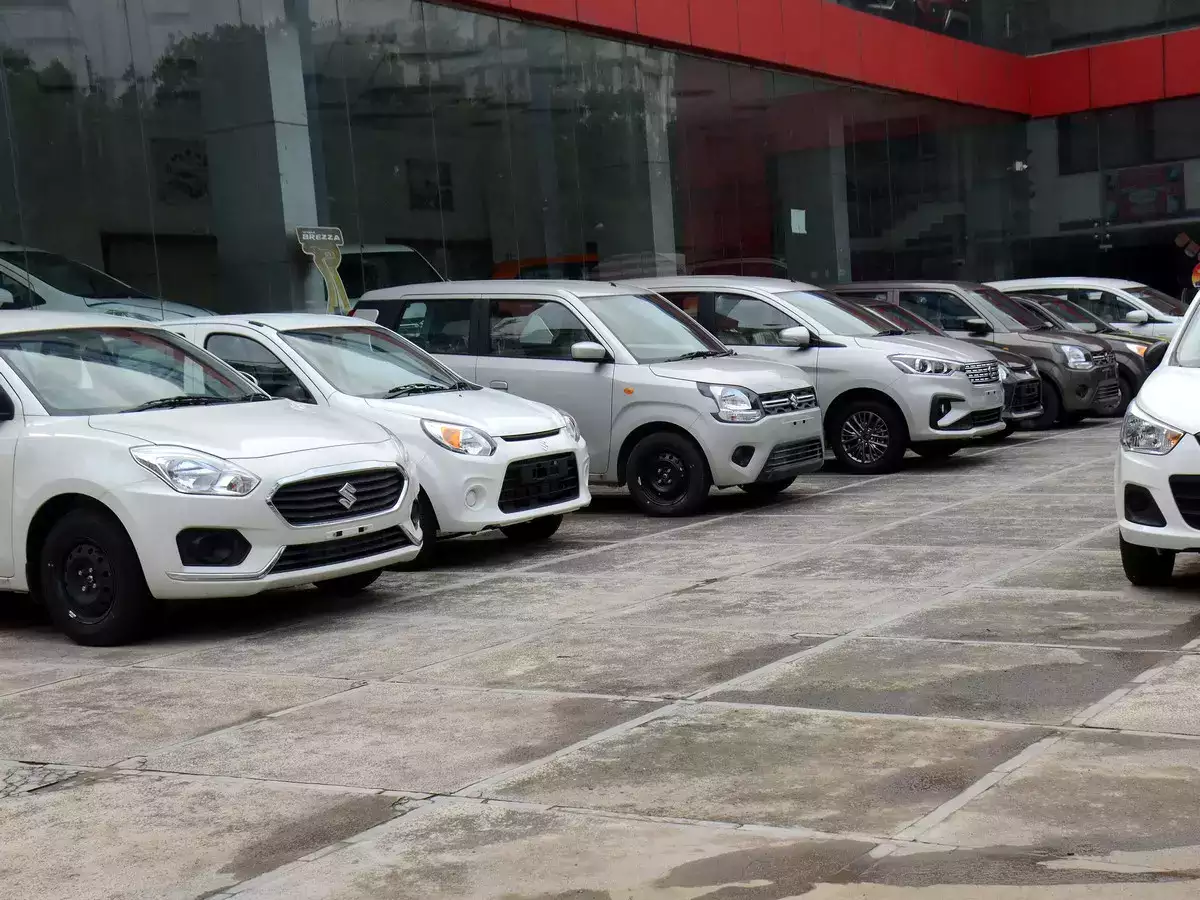India’s Biggest Automaker, Maruti Suzuki, to Increase Vehicle Prices in January 2024
India’s largest automakers, Maruti Suzuki and Tata Motors, are planning to implement a price increase for their vehicles beginning in January 2024. Audi has also announced a price hike of up to 2%, signaling that other automakers may follow suit.
The driving force behind the price hike is not a result of tax changes, as has been the case in the past. Maruti Suzuki has attributed the move to “increased cost pressure” due to overall inflation and higher commodity prices.
Previously, the government’s practice of increasing duties before the budget would prompt consumers to make big-ticket purchases to avoid higher costs later. However, the burden of such taxation has largely shifted since the implementation of GST.
Maruti Suzuki has stated, “The company has planned to increase the prices of its cars in January 2024 on account of increased cost pressure driven by overall inflation and increased commodity prices. While the company makes maximum efforts to reduce cost and offset the increase, it may have to pass on some increase to the market,” in a filing with the stock exchange.
The increase in vehicle wholesale surpassing retail sales has led to high inventory levels, with dealers facing 63-66 days of inventory in October, according to data from the Federation of Automobile Dealers Associations (FADA). FADA has expressed concern about the surplus stock, highlighting its potential to lead to significant dealer distress in the absence of substantial intervention.
The upcoming price hike, set for January, may provide an opportunity for companies to clear out their excess inventory before the year-end. In addition to price hikes, automakers often entice customers with discounts, accessory offers, and special deals on insurance and extended warranties.
However, experts warn of drawbacks to making year-end vehicle purchases, particularly in the case of vehicles purchased close to the year’s end. Such cars, even if purchased in December, are dated for the preceding year, which can significantly depreciate their resale value.
Thus, while year-end promotions may come with discounts and benefits, it is crucial for consumers to evaluate the true value of these offers in light of the potential devaluation of their vehicles over time.

I have over 10 years of experience in the cryptocurrency industry and I have been on the list of the top authors on LinkedIn for the past 5 years. I have a wealth of knowledge to share with my readers, and my goal is to help them navigate the ever-changing world of cryptocurrencies.










